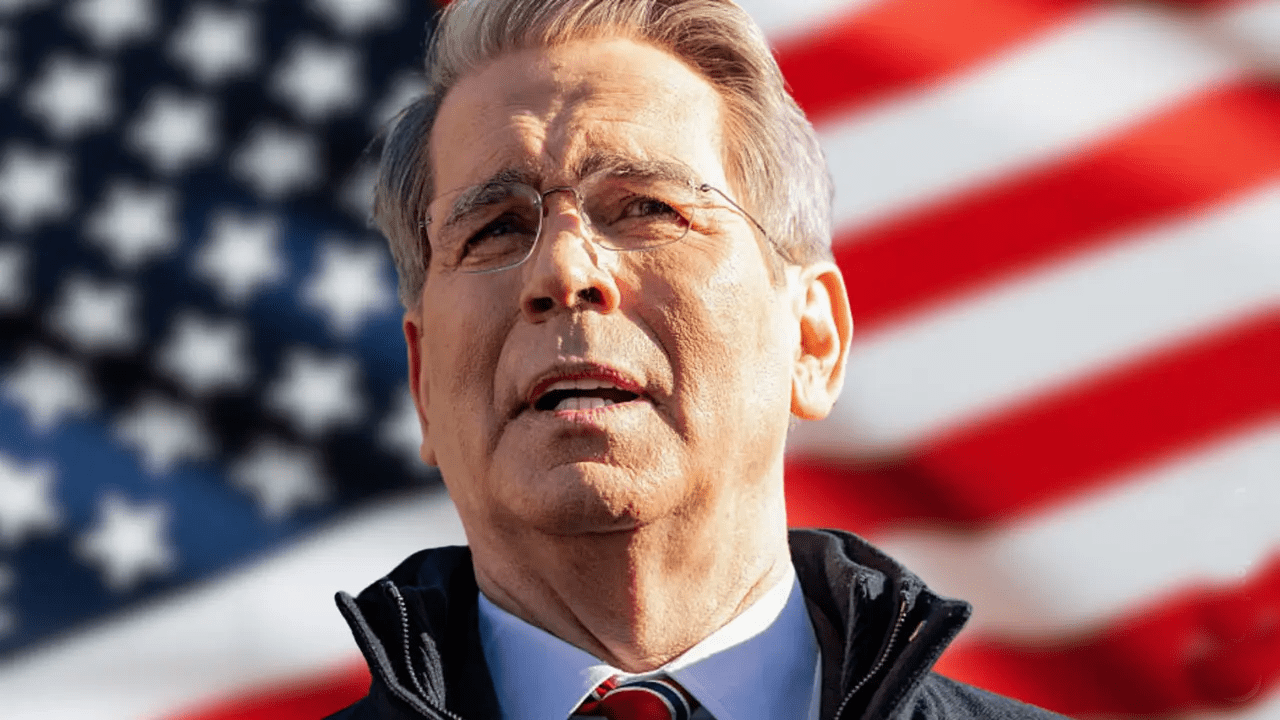
Treasury Secretary Scott Benset told Japan's Nikkei News that the next Federal Reserve chair must have market credibility, strong data analysis skills, and forward-thinking that goes beyond interest rate policy. He defined a "strong dollar" as maintaining the dollar's status as a reserve currency through sound economic policies, rather than pegging it to a fixed exchange rate. About 10 candidates are vying to succeed Jerome Powell in May, including James Bullard, Kevin Hassett, Kevin Warsh, Christopher Waller, and Marc Sumerlin.
U.S. Treasury Secretary Scott Benset stated that the next leader of the Federal Reserve should be able to view the institution from a broader perspective, not just adjusting interest rates, and warned that the expanding responsibilities of the central bank could threaten its autonomy.
On August 7, Benset spoke in Washington, outlining the qualities he believes are needed for the position. He told Japan's Nikkei News, "This person must have the confidence of the market and the ability to analyze complex economic data." He also added that the next chair should focus on future trends rather than overly relying on historical patterns.
According to Reuters, Benset is leading the selection of a successor to current Federal Reserve Chair Jerome Powell, whose term will expire in May. The current candidate list includes an experienced economic advisor and a former regional Federal Reserve Bank president.
When asked about President Donald Trump's repeated public calls to lower interest rates, Benset stated that the president has made his position clear, but he emphasized that "ultimately, the Federal Reserve is independent."
Benset outlined the broader implications of the "strong dollar" policy.
Regarding monetary strategy, Benset explained that the "strong dollar" defined by his administration is not tied to specific numbers in the market, but rather to the relative position of the dollar against other currencies. "A strong dollar policy is about creating policies that can maintain the dollar's status as a reserve currency," he said. "If we have good economic policies, the dollar will naturally strengthen."
Benset had previously held talks with Japan's Finance Minister Kato Katsunobu regarding exchange rate issues. In May, during the G7 meeting, they agreed that the then-current dollar-yen exchange rate was consistent with fundamentals. In June, the U.S. Treasury informed Congress that the Bank of Japan should maintain its policy tightening and believed this would help "normalize" the yen's weak trend.
Benset stated that he believes that as long as the Bank of Japan focuses on fundamentals such as inflation and growth, the exchange rate will adjust itself. He noted that Governor Ueda and the Board of the Bank of Japan aim for an inflation target, not an exchange rate level.
The Bank of Japan ended its massive stimulus policy last year and raised short-term interest rates to 0.5% in January, believing that Japan is close to sustainably achieving a 2% inflation target. Since then, policymakers have been cautious about further rate hikes.
Analysts point out that the slow pace of rate hikes is one of the reasons for the weak performance of the yen against major currencies. Although the inflation rate has remained above the 2% target for more than three years, Ueda urged careful assessment of how U.S. tariffs might affect Japan's fragile economy.
The list of potential successors to Powell is growing.
Currently, about 10 people could succeed Powell. Among them are former St. Louis Fed President and current Dean of Purdue University's Business School James Bullard, and Marc Sumerlin, who served as an economic advisor to President George W. Bush. National Economic Council Director Kevin Hassett, former Federal Reserve Governor Kevin Warsh, and current Federal Reserve Governor Christopher Waller are also being considered.
Trump has made it clear that he wants the Federal Reserve chair to be willing to cut interest rates. Hassett, Warsh, and Waller have all expressed their willingness to lower borrowing costs. Bullard stated in May that he believes the Fed could cut rates before September. Sumerlin's recent stance on monetary policy has not been made public.
After Federal Reserve Governor Adrianna Kugler resigned, the president acted quickly this week to fill another Federal Reserve governor position. Economic Council member Stephen Milan's term will end on January 31. Trump is also continuing to look for candidates to fill the 14-year term that begins on February 1.
